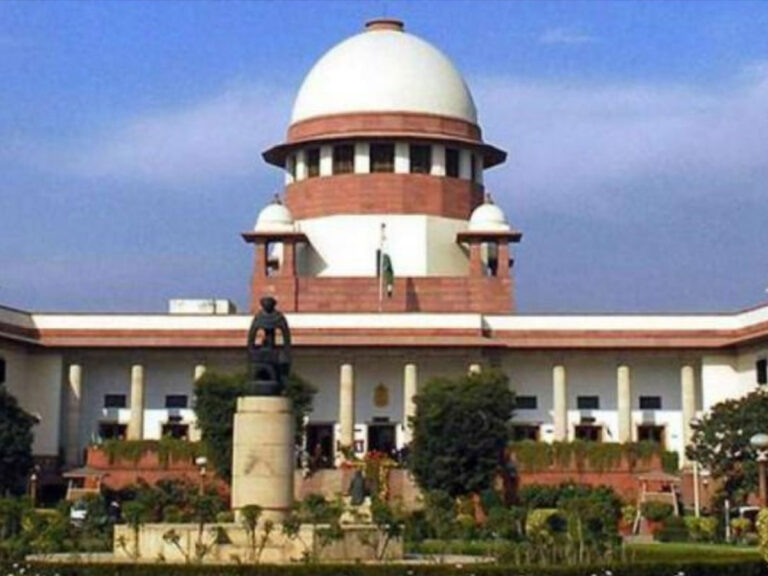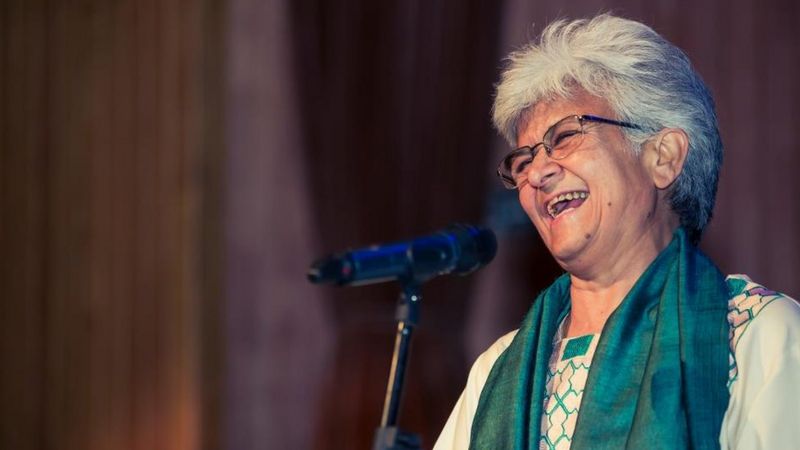
Famous writer and feminist activist Kamala Bhasin, who took the feminist movement to the heights of South Asia with her slogans, songs and irrefutable arguments, died in Delhi on Saturday morning.
Kamala Bhasin, 76, who lived her life on her own terms and standards, was battling cancer at the end of her life.
Feminist activist Kavita Srivastava, who knew Kamala Bhasin very closely, says that even in her last days, she continued to infuse the energy of life with her songs, couplets and poems.
She says, “She was diagnosed with liver cancer in June itself. And in just three months she left us. What can be said… This is the emperor of all maladies.”
“But even in the last phase of her life, she did not give up. She was admitted to the hospital two-three times. But even in that environment, she infused energy with her songs, couplets and poems. She would make her fellow patients laugh. She used to joke with people. Do yoga. And talk to the doctor about her treatment in detail.”
On the death of Kamala Bhasin, many celebrities including actress Shabana Azmi have paid tribute to her.
Shabana Azmi wrote on Twitter, “I always thought that Kamala Bhasin was invincible and she remained invincible till the end. There was no contradiction in her words and deeds.”
Media analyst Nalak Gunavardne writes that “South Asia has lost a beam of light and a passionate voice full of rationality in Kamala Bhasin. Her words will continue to inspire us.”
- sky high height
Kamala Bhasin has played an important role in taking the feminist movement of South Asia to new heights. With his songs, simple language and easy nature, he took his ideas to the common people.
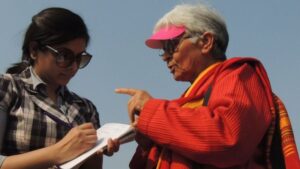
From rural women to metropolitan culture, women grew up in one thread and played an important role in giving an organized form to the Indian feminist movement. From the way she talks to the way she interacts with people, there is a certain positivity in her that makes those who meet her positive towards difficult goals.
Kavita Srivastava, who has known her for a long time, describes her contribution to the Indian feminist movement, saying, “Kamla Bhasin along with other sisters in this country has played a pioneer role in building a women’s movement.”
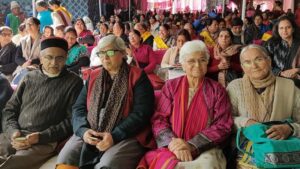
“Journey started in 1975 from Parliamentary Committee’s Report Status of Women in India and continued till recent days from Mathura rape case, amendment in rape law, movement against dowry death. She remained a part of women’s movement for last 45 years. . But at the same time she also did a lot of work in the field of human rights. She stood with PUCL very warmly. And gave a lot of encouragement. She was a great supporter of human rights.”
It is believed that Kamala Bhasin inspired many people with her work and courage to cross boundaries and touch new heights.
Kavita Srivastava shares one of her memories, saying, “The special thing about her is that she remained the pivot of the feminist movement not only in India but in South Asia. She crossed boundaries. She also inspired the sisters of Pakistan and Bangladesh. Kamala It inspired me a lot to go to Pakistan. Then it was very difficult to do so. But this experience gave a new birth to my personality. I went to Pakistan to develop friendship.”
“And the slogan of the South Asian feminist movement, which people have heard from Kanhaiya Kumar’s tongue recently. This Azadi… slogan was created by Kamala Bhasin and our partner Nikhat of Pakistan. This slogan would have started like this. It was – ‘My sisters ask for freedom, my daughter demands freedom, my mother demands freedom, hunger seeks freedom…’ In this, there are further lines like give freedom from fascism, masochism and casteism.
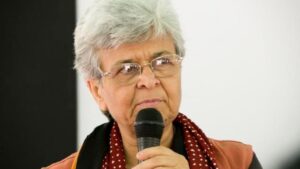
- Why was Kamala Bhasin special?
Born in a family of six siblings, Kamala Bhasin’s childhood was spent in Rajasthan. Here he closely observed and understood the social circles and the place, constraints and challenges of women in it.
After completing her graduation from Rajasthan University, she went to Germany, where she studied socialist development. She also taught in Germany for some time.
But eventually she came back to India. And he started working on the ground with the Seva Mandir organization in Rajasthan.
During this period, she met Kavita Srivastava and many other young feminist agitators.
Kavita recounts that “One of the special things about Kamla Bhasin was that she was a woman full of life and energy. She was so comfortable that many generations of people felt comfortable talking with her. She was with older peers.” She was as comfortable as she was with her college-going comrades who joined the movement. Perhaps this is what made her so popular among every generation.”
After Seva Mandir, Kamala Bhasin worked with many international organizations like United Nations.
Kavita Krishnan, associated with the feminist movement, believes that a person like Kamala Bhasin has neither happened before, nor is there likely to be in future.
She says, “There has never been and never will be another like Kamala. Because she is a huge figure in the feminist movement not only in India but in South Asia. Along with the significant role and long experience that Kamala had, she At the same time she had a sense of boundless love for the young feminist agitators.”
“Despite her experience and role, she never distanced herself from the youth. She so warmly admired other feminist activists and always learned from them. Until the end, if someone interrupted her, she would admit her mistake and learn from them. was.”
“She has gone through a lot of pain in her personal life. But even with this she never gave up her will to live. Most importantly, I think the language she spoke was a language that even a child could understand. I have also tried to take inspiration from him in the matter of how the most difficult things can be spoken in a simple way.
“We have learned from her how important it is in any movement from the feminist movement. She used to do a great job of changing thinking through songs and poetry.”
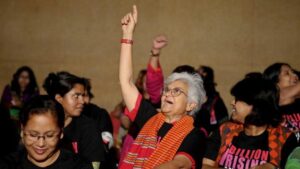
- Analysis- Divya Arya
Kamala Bhasin from Brilliant Personality to Limitation
Kamla Bhasin is considered one of the early women agitators. He started his work from 1975. And emerged as an important face of the then feminist movement.
The most beautiful thing about his work or the legacy of his work are the songs written by him.
Kamala Bhasin gave the first songs to the women’s movement. If any girl joins the women’s movement, goes to any front, she will definitely sing these songs.
One of these songs is this – Breaking the bonds, look sisters come, look people, look sisters come, they will come, they will remove the oppression, they will bring a new era.
In the early days, these songs used to be plain songs related to women’s issues. This has also been a sign of Kamala Bhasin’s work.
However, I also see a limitation in Kamala Bhasin’s work. After the nineties, feminist agitators furthered their understanding and work on caste and gender exploitation.
But Kamla Bhasin could not take her work forward like that. Her work has always been directly related to the issue of women. And he did not include these inter-sections in his work.
The same thing is seen in his songs as well. But his songs are still relevant today. The song Azadi, which was heard in the movie Attack Gully Boy, was first sung in India by Kamala Bhasin.
Azadi is not a song written by any one person. Rather it is said that by taking the idea of freedom beyond the independence of a country and connecting it to the issue of women, adding lines like patriarchy, freedom from family, freedom from family, credit also goes to Kamala Bhasin for creating the slogan of the feminist movement.
Another contribution of Kamla Bhasin is that she brought a lot of funding. She emerged as the face of the organized women’s movement in India. She brought funding from the United Nations to all other agencies. He had a special skill in organizing women. She was a very good time. And all these things made him special. And in the last years we saw a movement called One Billion Rising. This is an international movement which found a face in India also and this face was of Kamala Bhasin.

